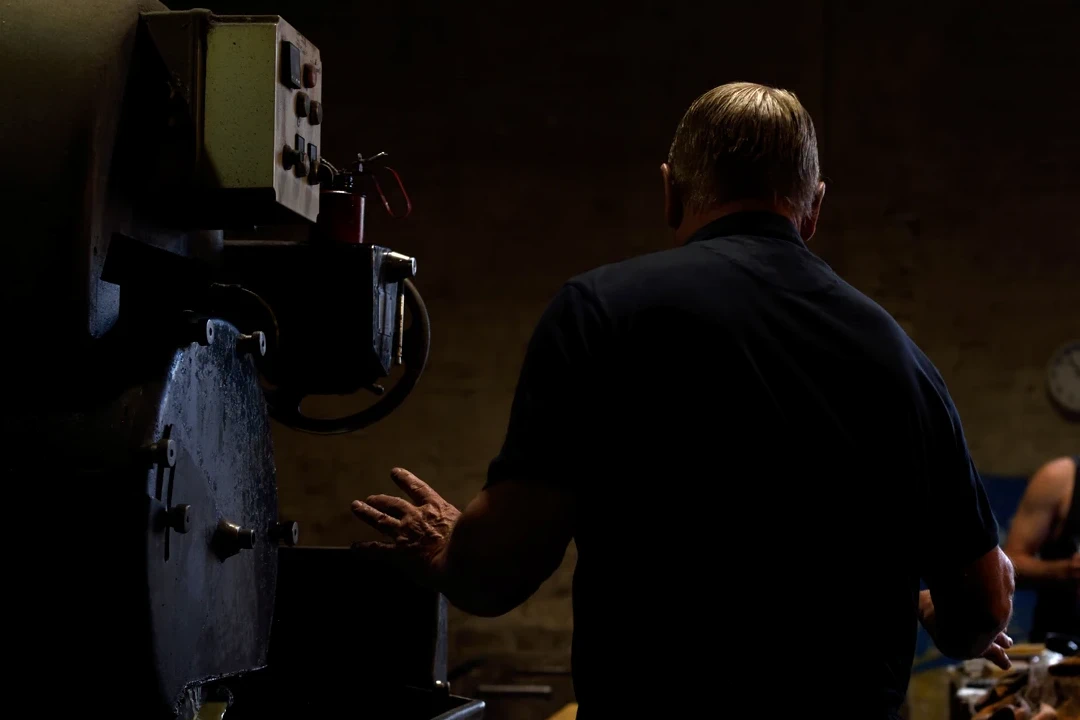Who is Your Neighbour? (WiYN?)
WiYN? is a registered charity (#1196667) with over a decade of experience and expertise holding facilitated conversations. It has operated in South Yorkshire since 2010, first under the umbrella of another charity and now independently.
“Who is Your Neighbour? does a bloody good job. The facilitators are impressive - they hold the room. I trawled the country … and it’s the only organisation I could find that is doing this kind of work.”
WiYN? Independent Research Partner
Our Team
We are a diverse team of staff, trustees, freelancers and volunteers.
WiYN?’s conversation facilitators come from a wide range of professional and personal backgrounds. They are trained and expert in either dialogue facilitation, mediation, process work and / or conflict management and have experience of exclusion from conversation.
Our Partners
Locally we work with people and organisations in South Yorkshire that bring different skills to the table, so we can help one another and learn - teachers, faith leaders, community workers, charities and residents. We have worked with Chilypep, MESH, the Archer Project and many others.
Beyond South Yorkshire we now also work with national networks and organisations like the Local Government Association, Belong, Jo Cox Foundation.
If you work in other regions of the UK and would like to explore possibilities about how we could work together, please in get touch.

